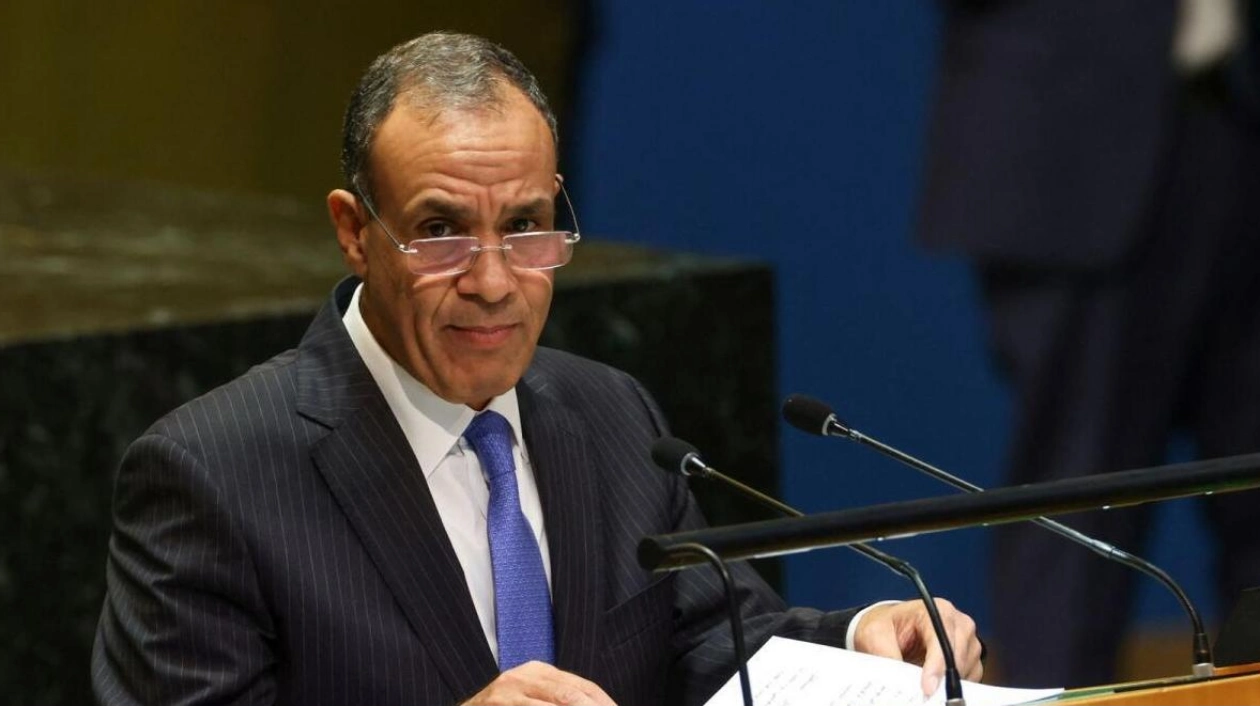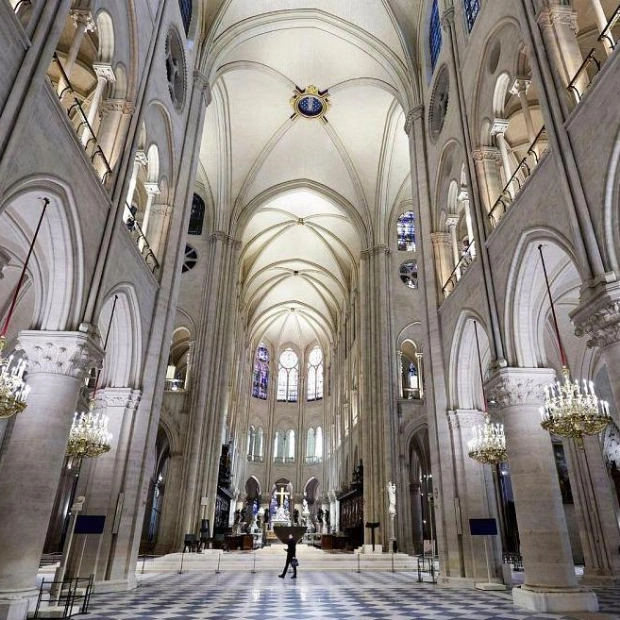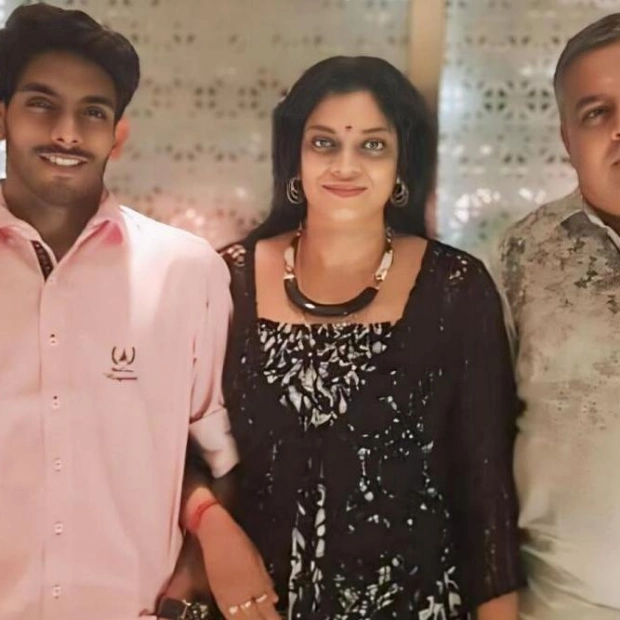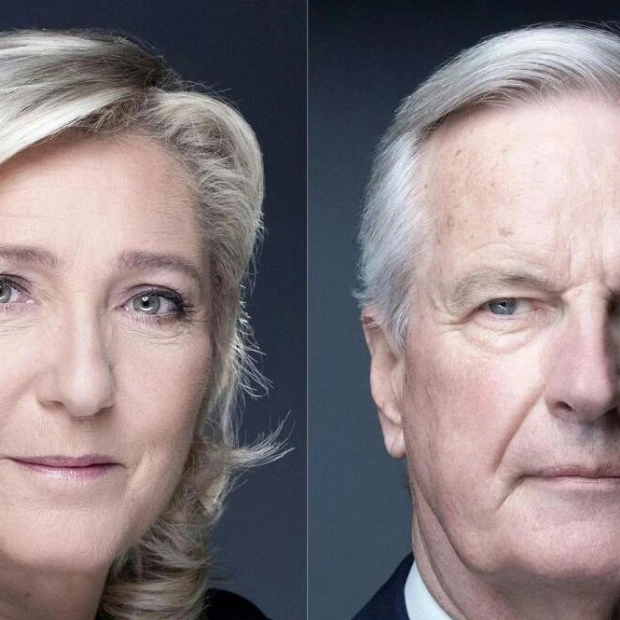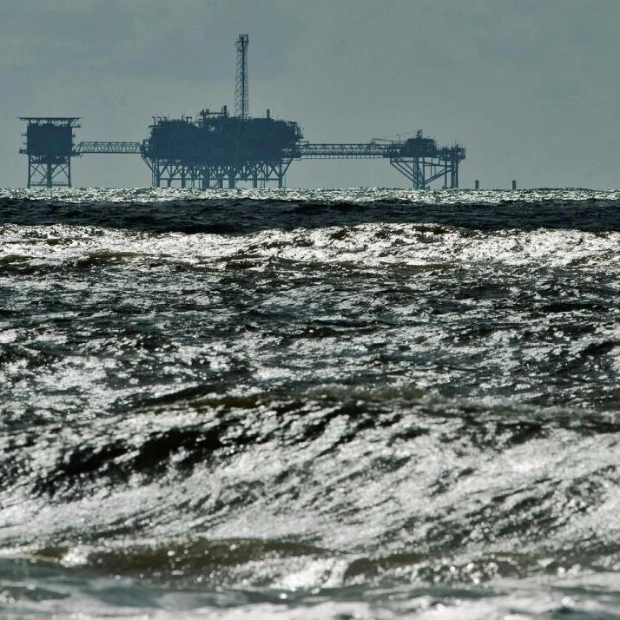Israel and Hezbollah on Sunday threatened to escalate their cross-border attacks, ignoring international calls for restraint and avoiding an all-out war. Prime Minister Benjamin Netanyahu stated that Israel had inflicted 'a series of blows on Hezbollah that it could have never imagined' following intense rocket fire from Lebanon. Hezbollah's deputy chief, Naim Qassem, declared that the group was entering a 'new phase' in its battle against Israel.
Both leaders spoke after attacks on northern Israel forced hundreds of thousands of people into bomb shelters and caused damage in the Haifa area. Netanyahu emphasized that 'no country can tolerate attacks on its citizens,' referring to the Gaza war initiated by Hamas's October 7 attack on Israel, which has also involved Iran-backed groups, including Hezbollah. Defense Minister Yoav Gallant vowed that military actions would continue 'until we reach a point where we may ensure the safe return of Israel's northern communities to their homes.'
Army chief Lieutenant General Herzi Halevi pledged to 'hit anyone who threatens' Israelis. The United States, Israel's key ally, cautioned that military escalation was not in Israel's 'best interest,' with President Joe Biden stating that Washington was doing everything possible to prevent a wider conflict. UN chief Antonio Guterres warned of the risk of Lebanon becoming 'another Gaza' and noted that both sides were not interested in a ceasefire.
Hezbollah's rocket fire reached Kiryat Bialik near Haifa, causing significant damage. Israel has shifted its focus to Iran-backed Hezbollah after nearly a year of cross-border fire that began in October. An Israeli air strike in Beirut killed Hezbollah's elite Radwan Force head, Ibrahim Aqil, and 45 others. Qassem declared that Hezbollah had entered an 'open reckoning' with Israel and was ready to face all military possibilities.
The Israeli army reported that over 150 rockets, missiles, and drones were fired at its territory from Lebanon. Schools in the north were closed due to the rocket fire. Hezbollah targeted Israeli military production facilities and an air base in the Haifa area, marking the apparent first use of Fadi-1 and Fadi-2 rockets since the Gaza war began. Hezbollah chief Hassan Nasrallah acknowledged the communication devices attack as 'unprecedented' and vowed retribution.
Months of near-daily exchanges have resulted in hundreds of deaths in Lebanon and dozens in Israel and the annexed Golan, forcing tens of thousands from their homes. International mediators from Qatar, Egypt, and the United States have tried to secure a ceasefire and hostage release deal in Gaza, which diplomats believe would help calm regional tensions. Egyptian Foreign Minister Badr Abdelatty noted that the Israel-Hezbollah flare-up 'negatively affects' Gaza ceasefire efforts, attributing the issue to a lack of political will on the Israeli side.
